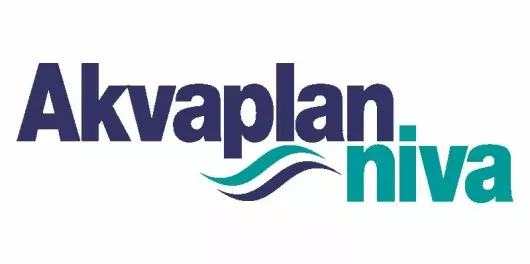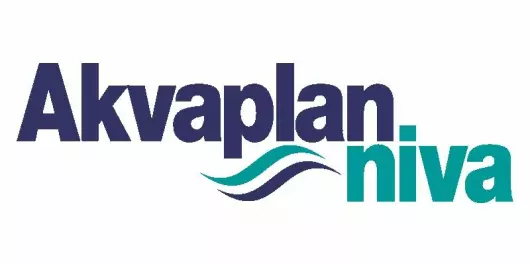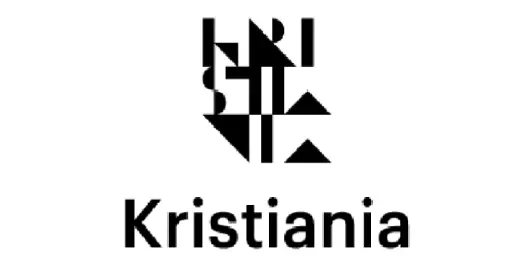Ledig stilling på Universitetet i Oslo
Blindern og Urbygningen (Foto: Wikimedia og Colourbox)
Postdoctoral position in mycology
Deadline: 07.04.2024
Universitetet i Oslo
The University of Oslo is Norway’s oldest and highest ranked educational and research institution, with 28 000 students and 7000 employees. With its broad range of academic disciplines and internationally recognised research communities, UiO is an important contributor to society.
The Natural History Museum (NHMO) has approximately 181 employees and is located in the Botanical Garden. NHMO consists of nine research groups that pursue research and education within biosystematics, biodiversity, and geological studies. The improvement, maintenance and use of scientific collections is central to our work. The fungarium comprises more than 600.000 fungal (including lichens) specimens, of which about 2/3 are of Nordic origin.The NHMO DNA bank holds tissue samples and DNA extracts. The museum has relevant in-house research facilities, including various molecular and microscopy laboratories. As part of the University of Oslo, NHMO also has access to various national research infrastructure hubs, including state of the art DNA sequencing, advanced microscopy and computing clusters.
Natural History Museum
Job description
The Natural History Museum in Oslo (NHMO) has available a full-time, three-year postdoctoral position for a researcher with deep taxonomic and ecological expertise on lichen-inhabiting (lichenicolous) fungi. In addition to excellent species knowledge on lichenicolous fungi, the candidate must have a strong background in molecular data production and phylogenetics. Extensive fieldwork experience in Norway is an advantage.Starting date: June 1st 2024. Competence-giving compulsory work shall represent 10% of the base work hours.
More about the position and the project
More about the position:
With this three-year, fulltime postdoctoral position, the Natural History Museum in Oslo (NHMO) aims to bring in taxonomic and ecological expertise on lichen-inhabiting (lichenicolous) fungi. The ideal candidate will have expertise on fungal taxonomy and ecology in general and on lichenicolous species of the target taxa in particular, as well as extensive fieldwork experience in Norway. A strong background in molecular data production and phylogenetics is required. The fellow will work in close collaboration with Professor Mika Bendiksby and the rest of an international project team, as well as with other scientific and technical personnel at Fungarium O.
More about the project:
The project aims to fill the taxonomic, spatial, and temporal gaps in our knowledge and reference collections on lichenicolous fungi, a polyphyletic, biologically defined group of fungi that infests lichens. Even though a fair amount of taxonomic and diversity knowledge comes from two previous projects, also led by Bendiksby, parts of Norway remain poorly explored and the discovery of several new species is expected. Through extended field sampling in previously unmapped landscapes combined with fungarium mining and DNA barcoding, the project will deepen the knowledge on the diversity and distribution of lichenicolous fungi in Norway. As slow colonisers, lichenicolous fungi typically occur in landscapes and habitats with a long ecological continuity that are of high relevance for biodiversity conservation. Increased knowledge on the distribution and biology of lichenicolous fungi will enable their evaluation as potential indicator species. The project will have a particular taxonomic focus on the three fungal classes Arthoniomycetes, Leotiomycetes and Sordariomycetes, for which taxonomic knowledge is insufficient in Norway and globally. Through this project, the DNA reference library on fungi will be populated by lichenicolous fungi. The project team will jointly discover, delimit, describe, and publish species new to science, provide taxonomic revisions for selected genera or species groups, and publish an updated checklist on lichenicolous fungi for Norway.
The project has a budget for field- and lab work expenses.
Qulaifications
Required qualificatons:
- a degree equivalent to a Norwegian doctoral degree (PhD)
- excellent communication skills (including written and spoken English)
- strong expertise on the taxonomy and ecology of lichenicolous fungi
- extensive field work experience in Scandinavia
Desired qualifications:
- a strong academic track record
- experience in fungarium-based research
- experience with wet-lab molecular techniques and phylogenetics
- hands-on experience with building DNA barcode reference libraries
- experience with organizing events (e.g. workshops/field courses)
- team- and networking skills and an existing relevant network
- experience with teaching
We offer
- salary NOK 615 700 – 657 300 per annum in a 100% position depending on qualifications in position as Postdoctoral Researcher (position code 1352)
- a dynamic and friendly working environment
- membership in the Norwegian Public Service Pension Fund
- attractive welfare benefits
How to apply
The application must include
- a letter of motivation (max 1 page)
- CV summarising education, positions held, pedagogical experience, administrative experience, and other qualifying activities
- a complete list of publications
- name, academic relation, and contact information of two references not currently affiliated with the University of Oslo
The application with attachments must be delivered in our electronic recruiting system. Please note that all documents should be in English.
In assessing the applications, special emphasis will be placed on the relevance and level of the documented academic qualifications, the candidate's motivation, and personal suitability for the post. Interviews with the best qualified candidates will be arranged.
Formal regulations
Please see the guidelines and regulations for appointments to Postdoctoral fellowships at the University of Oslo.
No one can be appointed for more than one Postdoctoral Fellow period at the University of Oslo.
According to the Norwegian Freedom of Information Act (Offentleglova) information about the applicant may be included in the public applicant list, also in cases where the applicant has requested non-disclosure.
The University of Oslo has an agreement for all employees, aiming to secure rights to research results etc.
Inclusion and diversity are a strength. The University of Oslo has a personnel policy objective of achieving a balanced gender composition. Furthermore, we want employees with diverse professional expertise, life experience and perspectives.
If there are qualified applicants with disabilities, employment gaps or immigrant background, we will invite at least one applicant from each of these categories to an interview.
Contact information
- Professor Hugo de Boer (Head of Research and Collections): h.de.boer@nhm.uio.no
- Professor Mika Bendiksby (Head of Fungarium O): mika.bendiksby@nhm.uio.no
About the recruitment system: HR-Adviser Thomas Brånå: thomas.brana@nhm.uio.no.
Apply for position














